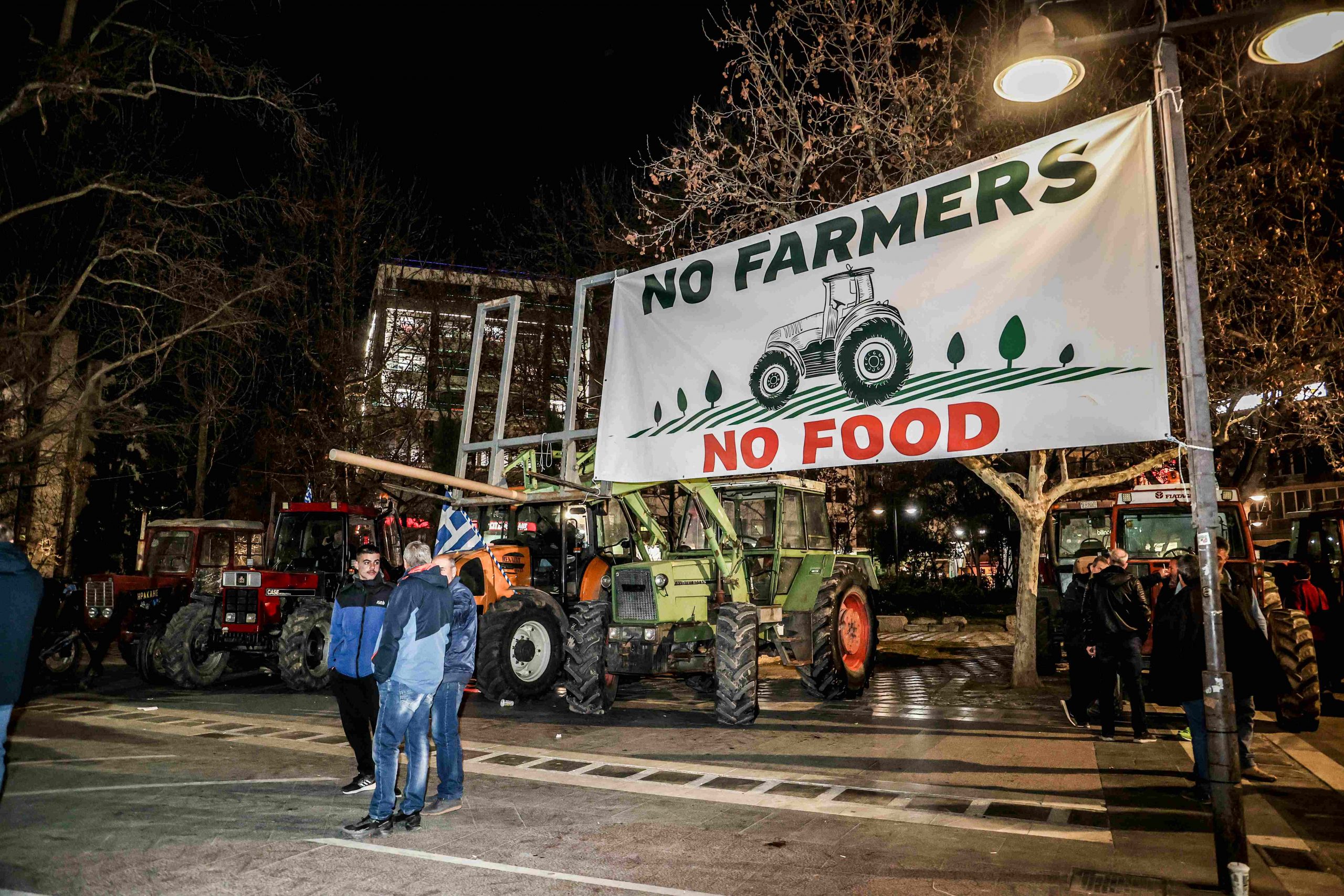Circumstances and specific initiatives have confronted the government with the first stormy period of its second term.
The farmers have forced themselves onto an agenda already fraught with two explosive issues: private universities and same-sex couples, though their mobilizations are less a reaction against a government initiative than an expression of dissatisfaction.
The government’s actions make sense politically. Difficult reforms are usually pushed through at the start of a four-year term, when a government still has a lot of political capital and the Opposition is still reeling after its defeat at the polls.
However, there is an added element to this particular show-down in that the government is facing two audiences that could not be more sympathetic to New Democracy: church/religious and rural voters.
The ruling party even has powerful forces within the student body to provide support within the universities.
So this is more than simple social unrest whose outcome remains in doubt.
What we have here is a genuine crash test involving a segment of society that is neither generally hostile to the government nor renowned for its reformist zeal.
It won’t be easy to deal with, though neither side has shown any desire (as yet) for a head-on clash. Even so, there will still be wounds that have not healed by the time the next elections come round this June.
Which is to say the government will not be facing a threat from a specific rival, but rather from the wounds a clash with society will leave behind, even if it does not destabilize it.
After all, the European elections are an odd beast, and odd results are always a possibility.
In any case, going up against society at large is always a risky undertaking. Not because it is unnecessary—far from it. But because it can easily spin out of control.
There is no doubt the government retains a fair amount of political capital, which it seems willing to use to advance its chosen agenda.
And in the case of the Universities, its policy seems to express the views of a powerful majority.
On the other hand, though, it is not clear that the government anticipated this pile-up of opposition, even if there doesn’t appear to be anyone on the political scene today capable of capitalizing on it.
The outcome of the crash-test could well leave its mark on the first period of this new term; the government can only hope the wounds it leaves behind don’t cast a shadow over the whole four years.
Because in a generalized confrontation between government and society, there’s never any doubt which side will win.



